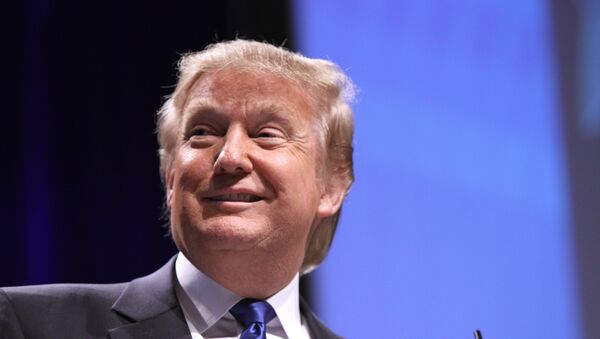The president-elect was pushed over the top by Texas, after electors in the state of cast their votes.
In all 50 states, and the District of Columbia, the 538 electors set out to cast their ballots on Monday. They were met in many states by protesters seeking to pressure electors to vote against the will of their states — with some even reportedly receiving death threats if they voted for Trump.
In Pennsylvania, a crucial swing state, the 20 electors all cast their votes for Trump — which garnered a long round of applause in the legislative chamber, but a chant of “shame on you” from the visitors gallery, the New York Times reported.
Multiple states have laws on the books binding their electors to voting for the ticket that won the popular vote, though penalties are primarily small fines.
The votes will not officially be tallied until January 6, when they are counted by Congress, presided over by Vice President Joe Biden. The results of the vote count are final.
Technically, lawmakers may object, in writing, to individual electoral votes or the results of an entire state. Their objection must be signed by at least one member of both the House and Senate. If the objection is supported by both the House and the Senate, those electoral votes are then thrown out. This has never happened in any election.



